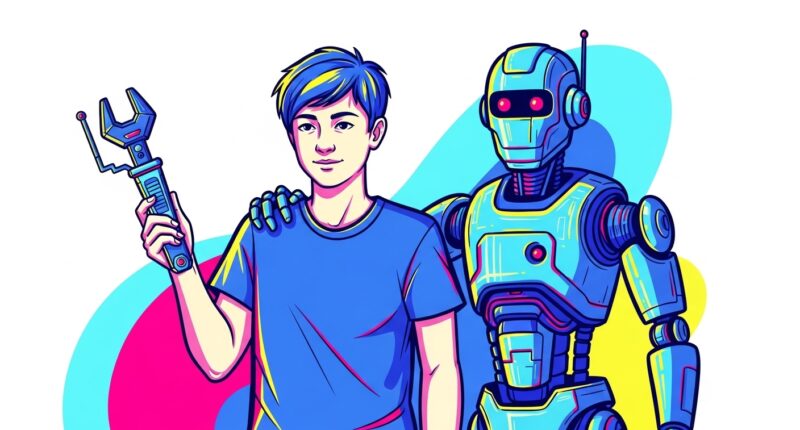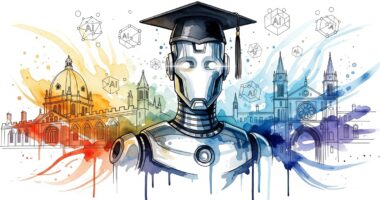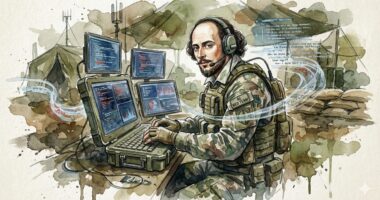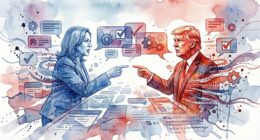CIOs expect zero per cent of IT work will be done by humans without AI by 2030, with 75 per cent done by humans augmented with AI and 25 per cent done by AI alone, according to a survey of over 700 CIOs by Gartner.
The research, conducted in July, reveals that organisations need to focus on a combination of AI readiness and human readiness to achieve the right balance and derive value from AI. However, few organisations are currently doing this.
“While not all AI is ready to deliver value, humans are even less ready to capture value,” said Alicia Mullery, VP analyst at Gartner. AI readiness means AI can help organisations find value and effectively meet the needs of specific use cases, whilst human readiness is about whether organisations have the right workforce and organisation to capture and sustain AI value.
A May survey of 506 CIOs and other technology leaders found 72 per cent reported their organisations are breaking even or losing money on their AI investments. For every AI tool organisations buy, they should anticipate 10 hidden costs plus the transition costs of training and change management.
Gartner’s position is that AI’s impact on global jobs will be neutral through 2026. By 2036, AI solutions introduced to augment or autonomously deliver tasks, activities or jobs will result in more than 500 million net new human jobs to support new AI initiatives.
A “workforce transformation”
“AI is not about job loss. It’s about workforce transformation,” said Daryl Plummer, VP, distinguished analyst and Gartner fellow. CIOs should start transforming their workforces by restraining new hiring, especially for roles involving low-complexity tasks, and by repositioning talent to new business areas that generate revenue.
“AI will make some skills, such as summarisation, information retrieval and translation, less important, as AI is ready to automate or augment these tasks,” said Mullery. “But AI also creates a need for entirely new skills. These AI skills are fundamentally different from most skills. Where skills were traditionally about doing tasks better, AI skills are about making you better — a better motivator, a better thinker and a better communicator.”
Organisations’ skills development plans should go beyond training people in new skills. If people rely too much on AI and stop using their core skills, skills atrophy can happen. Workers should be tested periodically to ensure they retain critical skills for important roles.
AI readiness should be evaluated in terms of costs, technical capabilities and vendors. Some AI capabilities, such as search, content generation and summarisation, are ready, whilst other capabilities, such as AI accuracy and AI agents, are not.











